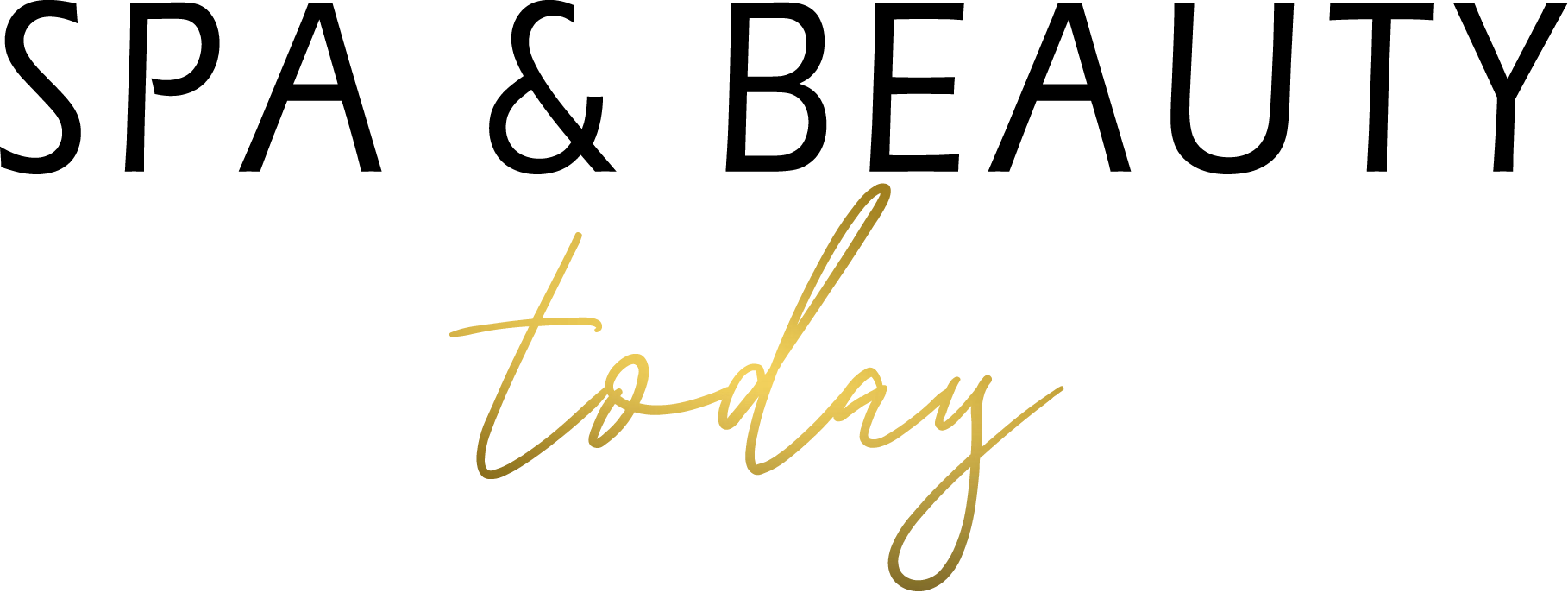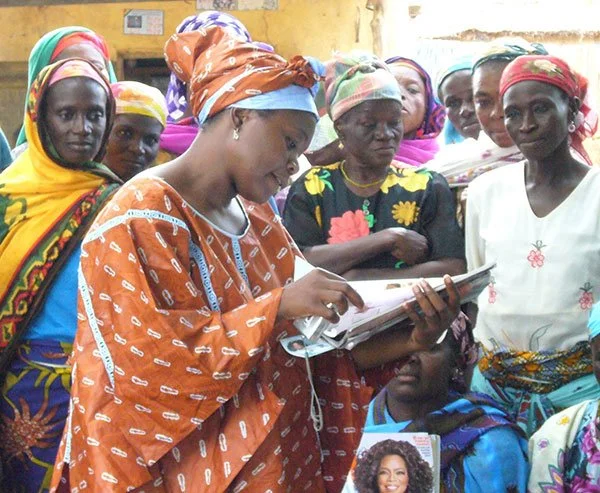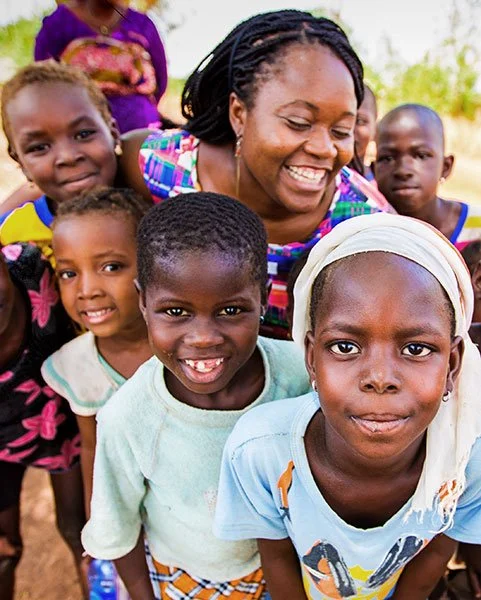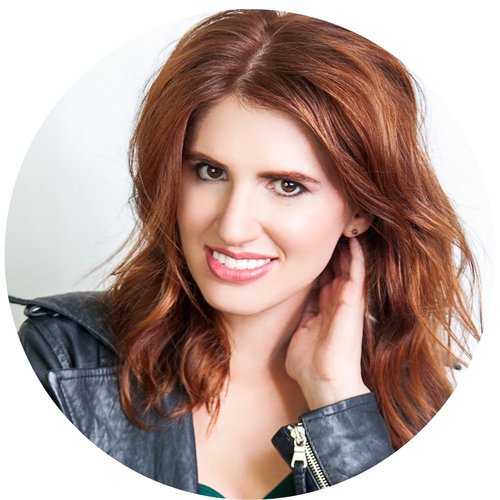Beauty Boss: Rahama Wright, Founder of Shea Yeleen
Rahama Wright, Founder of Shea Yeleen.
Our latest Beauty Boss is Rahama Wright, Founder of Shea Yeleen, a luxurious shea butter skincare brand with a mission to make a positive impact in the communities where its products are produced.
While serving in the Peace Corps in Mali, Wright was assigned to work at a community health center. She noticed that women would often come into the center and leave because they were unable to pay.
Seeing women struggling to pay for medical care got Wright interested in learning about how local women made money. That’s when she learned about shea butter, which comes from the shea tree (vitellaria paradoxa), a type of tree indigenous to West Africa. Shea butter is famous for its incredibly moisturizing properties, making it a beneficial ingredient for personal care products including soap and moisturizers.
Wright wanted to help give back to the community by facilitating a way the women could support themselves financially without being exploited. She saw shea butter products as an opportunity for utilizing the community’s traditional practices while also providing a way for women to earn a living wage.
Wright originally started a 501(c)(3) nonprofit, and in 2014 she pivoted to create her own line of shea butter products, continuing to raise the income of the women working with her. Today, she works with women in the northern part of Ghana across 14 different communities, using traditional methods to produce a range of natural skincare products.
We chatted with Wright about the unique path that led her into the beauty industry to create Shea Yeleen and her continued commitment to ethical beauty.
Shea Yeleen Clean Shea Bar Soap in Tea Tree Charcoal, Patchouli Lemon, Oatmeal Spice, Lavender Ylang Ylang, and Lemongrass.
Tell us about your background and your journey?
Shea Yeleen is a social impact beauty business I started after serving in the Peace Corps. During my service in the Peace Corps I was assigned to work at a community health center. My job was to essentially support the nurses with everything from holding babies while they were getting their vaccinations to doing training on weaning to pre and postnatal care.
Women would frequently come into the community health center and leave unable to buy medicine or pay for medical services. That's what really got me interested in learning about how women in my community made money. That's when I learned about shea butter, which is an oil that comes from the seed of the shea fruit. This fruit grows exclusively in Sub-Saharan Africa across approximately 21 countries. There are roughly 12 million African women who are part of the global supply chain.
As I was living in this community and seeing women making this product, I saw a huge disconnect between what they were doing locally, and what happens in the global marketplace – how a shea seed goes from being turned into an oil, to being put in products, and then products being put on store shelves around the world. Seeing that disconnect and realizing that a lot of these women were not making sufficient income is why I started Shea Yeleen.
I moved to D.C. in 2005 and initially started as a 501(c)(3) nonprofit. I wasn't even thinking about creating products. I was more focused on how to help these women get their products out there or find buyers who'd be willing to pay them a fair ethical wage for their labor.
As I did things like organizing cooperatives, fundraising to give women the money they needed to buy equipment, and went through that process of helping women make the product, I was having a hard time getting buyers for their raw materials. So much of how shea butter comes into the global marketplace doesn't include these women. For example, most of the shea we use is sourced from Europe and Asia.
What leaves Africa is a seed, so this raw material, that seed, gets shipped off in large quantities to commercial manufacturing facilities in Europe and Asia where they utilize a chemical process using chemicals like hexane, bleaches and deodorizers that strip the natural shea. It's made in this very commercial process. That's what gets into a lot of the products that we use. There's this completely different process that most large manufacturers of personal care products use to source their shea butter.
This is very different from the process that I was working in: helping these women use the traditional method that's passed down from mother to daughter. The method has been used for generations for local African women in everything from cooking, to caring for their babies, to using it in their own skin and hair care. That process is a tiny percentage of what goes into the global marketplace.
As I realized that it was going to be really hard for me to get these women access to buyers, I pivoted in 2014, and started looking at creating my own line of products. We have soaps, moisturizers and body cream. Formulating these products and working with these women to ethically source from them is what the brand does today. By doing that, we increase women's income five times their country's minimum wage, giving them a living wage for the very first time.
Rahama Wright with Shea Yeleen shea butter producers from a cooperative in Ghana.
Is there a special meaning behind the name Shea Yeleen?
Yeleen is Bambara, and that’s a language I learned as a Peace Corps volunteer. It means light and hope. For us, we are bringing light to the issues within this shea butter supply chain –so the issues of disenfranchising women and not properly including women in the supply chain in a way that uplifts them. We bring hope through our business model because we're addressing those issues.
What are some things that people should know about shea butter that they might not already be aware of?
I think a lot of people are familiar with shea because it's in so many products. When I started Shea Yeleen as a nonprofit, I would get more people asking me, “What's shea butter?” than I do today.
Today, it seems like everyone knows what this product is–they've used it, they’ve seen viral videos of people using shea. It's become more mainstream and most people know what shea is. What most people don't know is how shea butter gets to the marketplace.
Most people don't know that the majority of shea, over 90% of shea that is sold and marketplaces, are actually sold using a supply chain that keeps African women poor. Knowing where your shea butter comes from is one of the things I usually advise people to learn who are unaware of this social justice issue.
Ask brands where they get their shea butter. Do they know the communities? Do they know what country it comes from? Do they know the name of a woman who is a supplier that they work with? Those are just really basic, general pieces of information that every brand should be able to share with their customers.
The other thing that’s important is knowing how that product is made. Was it made in a natural state? Was it made using a harsh chemical process that strips the shea and takes away its natural therapeutic properties? That's the second thing: do you know how your shea butter is made, and is it made in a way that is not putting harmful chemicals into our environment?
Then the third thing is how are you investing in the communities of origin, which exclusively are African communities? You can't get shea butter anywhere else in the world. It can only grow in the Sahel belt of Africa. So what is that brand doing to support people in those communities?
Those three things are how Shea Yeleen is showing up differently within the marketplace. We truly care about where the product is coming from and who is making the product. The makers of our products and how they are being made matter. We're using the traditional process.
Lastly, we take the commitment to ethical sourcing, to living wages even beyond Fair Trade. If a woman is using her labor and her knowledge to participate in our supply chain, is her life improving? Is she able to send her kids to school? Is she able to access health services? Is she able to provide better nutrition to her family? Those are all the things that we prioritize in our business model with the communities that we work with.
Rahama Wright with children of the cooperative’s shea butter producers in Ghana.
What are some of the positive changes you’ve seen within the communities since you've started working with them?
When we talk about living wages, I think it's important for us to talk about how we come up with that number. We calculate this number first by looking at government data on minimum wage. We take that data, and we take it a step further. We talk to the women about their financial needs. This means everything from how much it costs to send kids to school to transportation and food costs –all of that. Essentially, we look at the cost of living and from that we've developed a multiplier of five. When we talk about five times their country's minimum wage, that multiplier comes from the data that we've collected from the communities that we work in.
When we interview women, we ask them, “Now that you have this increase in income, how is this helping you?”. The number one thing women do across all the communities that we work in is send their kids to school.
Ghana recently made primary school free, and now that the government is providing schools for free, families aren't necessarily paying for that, but they do pay to send their kids to better schools. They are able to pay for them to go to a private school, and pay for their lunches. That is the number one thing that they put their money towards.
Other things that I've seen women do is invest in other income generating activities. For example, one of the women in our community started a food stall near her home, so that she could invest in something else. From that income, she was able to hire her neighbor. That just shows the ripple effect that can happen when you give women access to more income. It's not only affecting their household, it also affects households in the community.
The other thing that I've seen women do is invest in rehabbing their homes or even building homes. In a lot of the communities that we work in women are the head of household even if they're married because there's a practice of polygamy. So, even if you are married, your husband may not be in your household. You still essentially have to perform the role of being head of household.
When women are able to have that money, even if their husband passes away and they don't inherit anything, they have the ability to use the money that they saved to get access to their own place or build their own place. Those are some of the things that women in our cooperatives have been able to do.
We've actually hosted two different groups to come to the US from our cooperative communities. This has been one of the best experiences for me as well as for them just because we're talking about women who are in communities that are so far away from their own capitals. Now they're getting a passport, getting on a plane, flying across the Atlantic Ocean, and landing in New York.They’re getting a chance to go into a Whole Foods store in New York or Boston or Connecticut where Shea Yeleen is sold. It is transformative in terms of opening up their eyes and giving them a sense of understanding what they're a part of. They are able to see for themselves that someone in New York City, one of the biggest cities in the world, is getting a product that they’re making in their small village. They can take that experience and share it with their community members when they go back.
Shea Yeleen Lavender Honeysuckle Rich Shea Body Cream
What are your most popular products?
It says something when someone can share that experience in their own language to people who've known them their entire life. I feel like it even made our model stronger because it also creates a level of trust and transparency that they don't get when they're working with other businesses. We really prioritize including them in as much of the business as we can, so that they feel not only pride, but also connected through this opportunity that you don’t normally get because of where you were born.
The Lavender Honeysuckle Body Cream is always our top selling product of our categories. The Coconut Melon Body Balm is the top choice in the balm category.
It also depends on the season. In the wintertime the balm sells more because people have super dry, chapped skin. I love the balm. It just makes my skin so glowy, so regardless of temperature I always use the balm.
Shea Yeleen Coconut Melon Pure Shea Body Balm
What steps does your brand take towards providing sustainable offerings?
Eventually, we want to be able to remove plastic from all of our packaging. We started with balms. These used to be in plastic jars and we switched to glass. With our soaps, we put them in recycled boxes. You take off the packaging and you can recycle it. We're trying to figure out a sustainable solution for our creams, and we're hoping within the next two years we will have one.
When the women make the shea butter, they take the seeds and they grind them into a thick paste, and then they mix that paste with water. It's this multi-step process that they use, but instead of just throwing away the waste from it, we actually make biofuel from it. It’s a way to reduce the use of wood within their cooking. That's one thing that I'm really excited about, the fact that we just don't throw away the water. They actually take out the residuals from the seeds, and they're able to make something else from it.
They also use it as a way to put a sealant on their mud huts. They use the remaining oil to put all the way around their huts as a way to seal it.
The fact that we're also providing women an opportunity to financially benefit from the shea prevents the cutting of the trees to use as firewood. Typically, in a lot of these rural areas because they don't have access to electricity, there's a lot of tree cutting. They use the wood for fuel for energy, heating, and cooking. By creating another income source from this tree, it actually protects it from being cut.
Where can people purchase your products?
You can find our products on our Shea Yeleen website. You can also find them at macys.com, Beautyologie.com, and Amazon. We are also in Whole Food markets on the East Coast. MGM Resorts also uses our products in their spa treatments.
What’s next for Shea Yeleen?
We're building a manufacturing facility in Washington, D.C. that I'm super excited about. It's actually going to be a maker space for other entrepreneurs who want to get into beauty. Our goal is to really reduce barriers to market entry for other brands who want to be sustainable and ethical.
It's so difficult when you're starting out to get access to manufacturing solutions. It's almost impossible to find a manufacturing partner who will work with a small brand that's in the startup phase. We want to address that by creating the first commercial shared manufacturing space, so that anyone who cares about sustainability, ethical sourcing, and wants to benefit from this huge industry that's an over $25 billion industry will have access to the tools and resources to do it.
By reducing those barriers and giving other people this opportunity, we're actually achieving our goal of social impact. The more brands that ethically source from our supply chain, the more women we can work with.
I have no business being in the beauty business – I started it because I saw an issue. For me it's always been about impact. The more I can help other people do impact the right way, the better it is for the women that I care about.
Secret to success?
The secret is don't give up. I credit just pushing through the hard times and being consistent and committed to this mission. There have been so many opportunities to throw in the towel. I always have to think back to why I'm doing this and that's what has helped me stick with it.
If I had given up in year three, I wouldn't have gotten the resources and the success of year five. It's just that up and down roller coaster that you have to be willing to ride the waves. That's it. It's really sticking with it.
At the end of it all, it's simply being persistent and never giving up. You can take breaks, give yourself grace, there'll be tons of failure. You'll make mistakes, but just keep at it and eventually, you’ll make it. Who would have thought this girl in her 20s in the Peace Corps would now be building a manufacturing facility in our nation's capital? Stick with it, keep going, and trust in that vision.
Beauty and wellness secrets?
Drinking a lot of water is one of them. I think it's really hard to have beautiful skin if you're not feeding yourself properly and hydrated, so I drink a lot of water.
Recently, I’ve been doing facial yoga, and I’ve also been getting my body moving. I'm doing less vigorous exercise, and more gentle calming exercises like walking or stretching.
And then, understand yourself enough to know when you need help. I am a huge believer in therapy, mental wellness, and taking care of yourself. It's okay to get help when you need it.
Best advice?
Always have the right people around you. I've just been so lucky to meet amazing people who have been willing to support me and uplift me. That’s helped me as I'm doing the work. Definitely surround yourself with good people who will uplift you.
Favorite ways to relax?
I love being on a blanket in the park reading. Last month when I was in Ghana, I took a book with me to read on the flight because it’s around 11 hours. I took Dune which is over 800 pages, and I came back and I finished the book. It just sparked my joy for reading again. For me, spending an afternoon reading is the most relaxing thing.
A University of Michigan graduate, Lizzy Sherman is an award-winning digital content writer/editor. Her work has appeared in publications including Beauty Launchpad, Nailpro, DAYSPA, CNET, Entertainment Tonight, and more. She has been a featured guest speaker at Cal State University Northridge, Digital LA, and The National Association of Audience Marketing Professionals. When she's not writing, Lizzy enjoys yoga and playing guitar. Follow her on Instagram and Twitter: @zillizy, @zillizy16







